Department of Architecture
Benedictine’s pre-professional Bachelor of Arts in Architecture launches careers in architecture and related fields, and prepares students for a professional academic degree and architectural licensure.
Summer Intensive in Classical Architecture
This summer, we are excited to offer a 2-Week Intensive in Classical Architecture. In July 2024, experience the energy of our unique design approach under the personal instruction of the Program Director.

Program Mission
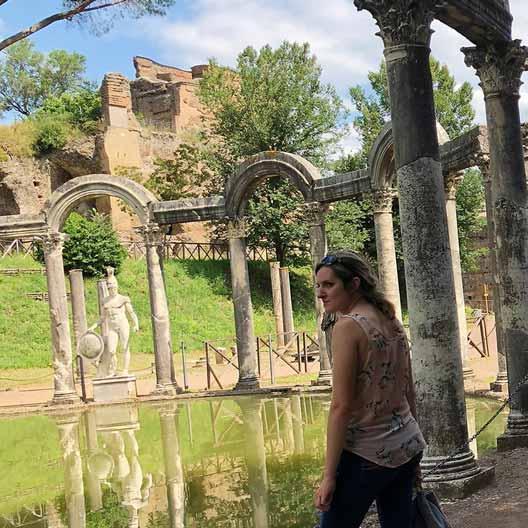
Student Experience: View Student Photos
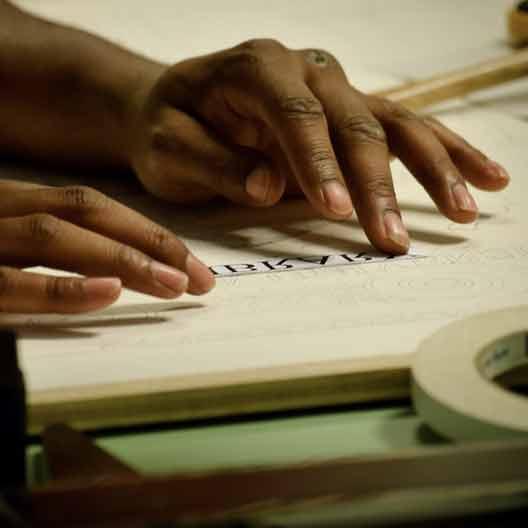
Prospective Students
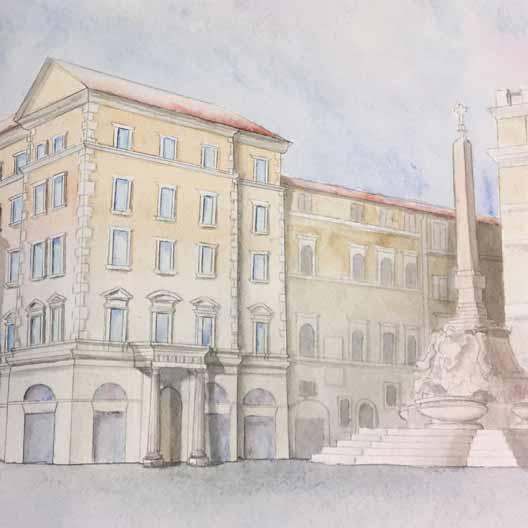
Student Work: View Gallery
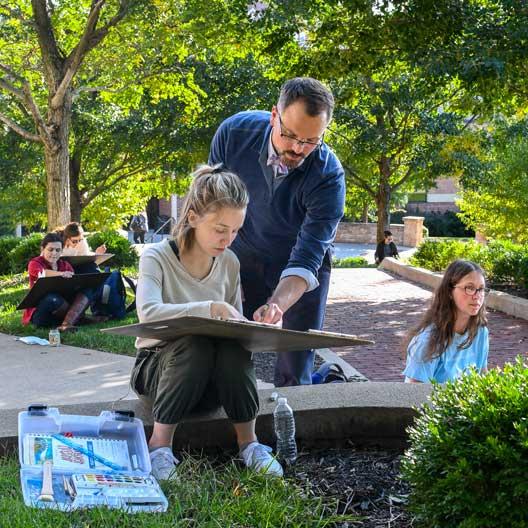
Faculty
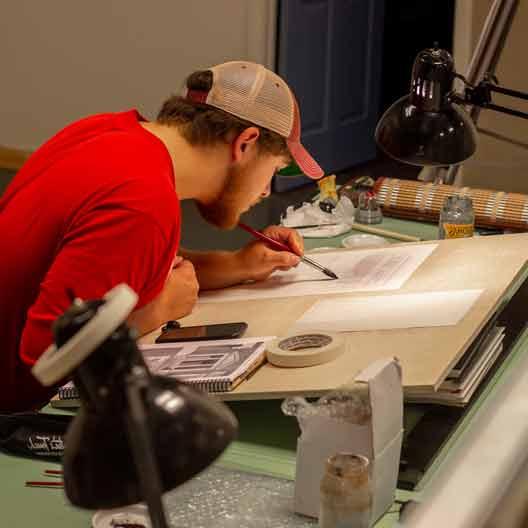
Courses & Curriculum
Alongside the curricular stream of architectural design studios are foundational art courses, complementary architectural drawing and watercolor studios, and essential engineering courses. Connecting this curriculum to the College’s liberal arts education are architecture and art history/theory courses that explain the meaning of works of art, buildings, and places in the past as a means of instruction for the present. Pivotal at the midpoint of the curriculum is the Summer Study Abroad in Italy.
“It is always necessary to begin those works again, those foundations again in time, which are fragments of eternity, and to begin those eternal foundations again whose source and rule is eternal.” (Charles Péguy)
Like a classical tripod, the major in Architecture at Benedictine College stands on three legs:
1. Catholic
“Unless the Lord build the house, they labor in vain who build. Unless the Lord guard the city, in vain does the guard keep watch.” (Ps. 127)
As with human beings, the physical properties of buildings and cities show what can be measured even as they provide the ground for conveying meaning. However, the material attributes of natural, created things have a beauty, the wonder of which draws us outside of ourselves to ideas of the other, to things and concepts that aren’t even visible. A beautiful building, like a city, provides a sense of home for us and our neighbors, and can beckon the wonder-filled contemplation of richer realities among us and beyond us. As we are, in all things, called to glorify God, the architect and his or her community brings glory to God in the making of beautiful architecture and places.
A Benedictine emphasis on Christian hospitality undergirds our program’s stewardship of what has been learned in human history about the making of pleasant and dignified places that is equally an anticipation of the Heavenly Jerusalem.
What’s more, our architecture program is an inclusive, flourishing haven for all who would enter our community to steward these traditions of building well and in beauty.
“For God is not merely mending, not simply restoring a status quo. Redeemed humanity is to be something more glorious than unfallen humanity.” (C.S. Lewis, Miracles)
Our program draws from and in turn reinforces the mission of Benedictine College to educate men and women within a community of faith and scholarship. Benedictine College is a Catholic college with a Catholic mission, recognized and recommended by The Newman Guide to Choosing a Catholic College for its excellence in faithful Catholic education.
2. Liberal Arts
The study of Architecture at Benedictine College is treated as a fine art enlightened by scholarship in the liberal arts.
“Neither natural ability without instruction, nor instruction without natural ability can make the perfect artist. Let them be educated, skillful with the pencil, instructed in geometry, know much history, have followed the philosophers with attention, understand music, have some knowledge of medicine, know the opinions of the jurists, and be acquainted with astronomy and the theory of the heavens.” (Vitruvius, On Architecture)
3. Classical
The classical canons of art and architecture derive from paradigmatic works that infuse soulfulness into figural representations of natural forms. The act of drawing and reproducing classical elements introduces students to a more complete range of architectural form and character. As with music, it is only through much practice and an education of discernment that students become alive to how architecture might move the human spirit via decorum, harmony, dignity, propriety, and proportion and scale.
Has the classical tradition run its course—does it stifle originality? In response to such concerns, architect Paul Philippe Cret wrote, “Let us dismiss this fear of not being original, and comfort ourselves with the thought that the really great architects have always been those most eager to profit from the lessons of the past. It is by comparison with standards that we are able to judge our own progress, and this implies some familiarity with standards.”
Accreditation
Benedictine’s program is not accredited by the National Architecture Accrediting Board. Benedictine architecture students, however, have the same opportunities to continue, if they choose, at accredited graduate architecture programs.
Older accredited architecture programs are five-year professional Bachelor of Architecture degrees. Newer accredited architecture programs tend to be professional Masters of Architecture degrees in two forms: a three-year M.Arch. for a holder of an undergraduate degree with little or no architecture; more common are 4+2 curricula. These programs are a four-year undergraduate architecture curriculum that is completed in an accredited two-year professional M.Arch. degree.
All this to say, Benedictine architecture students are completing a four-year undergraduate curriculum, not unlike those in the 4+2 schools, and then Benedictine students can apply to those same professional, accredited M.Arch. programs. A student can begin their journey to a professional architecture degree at Benedictine for the benefit of its clear mission and then, can finish with a master’s degree at another institution.
